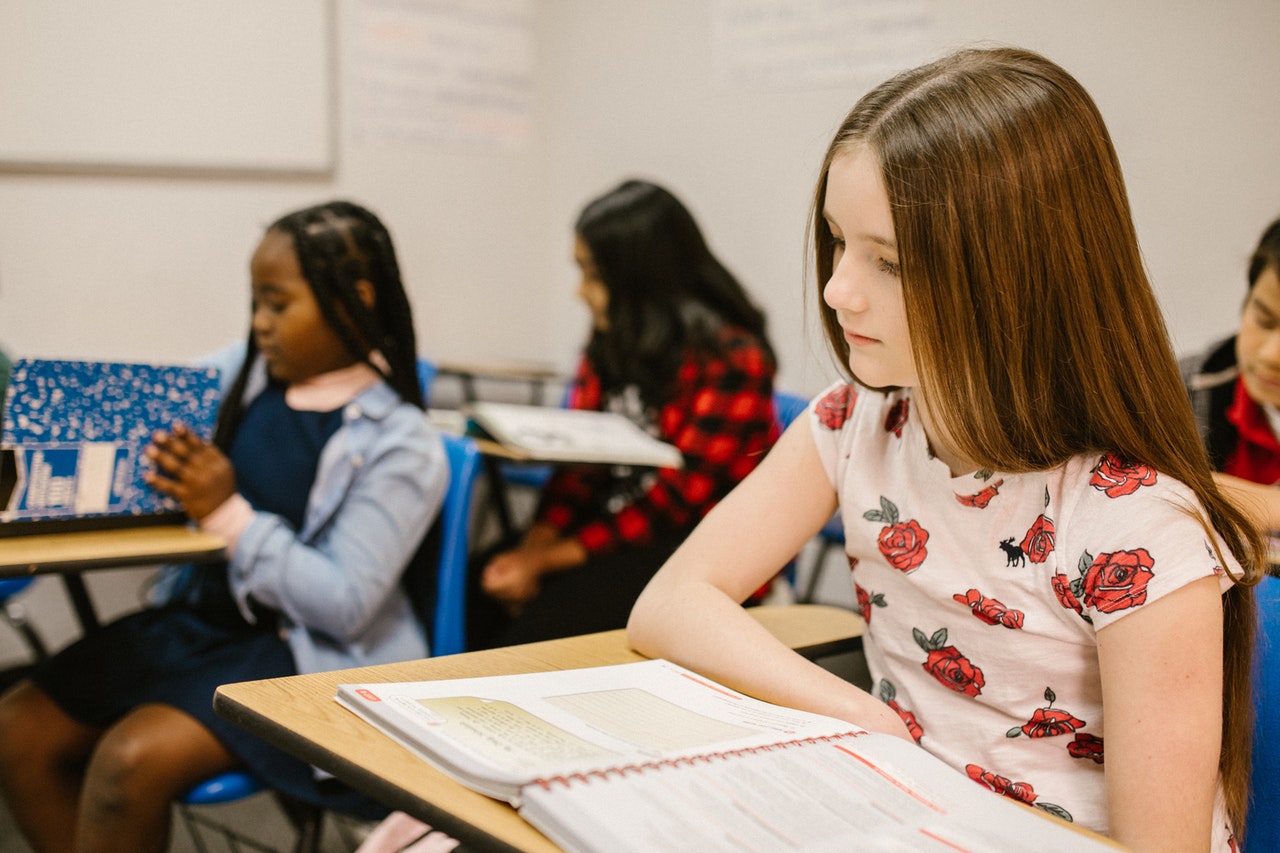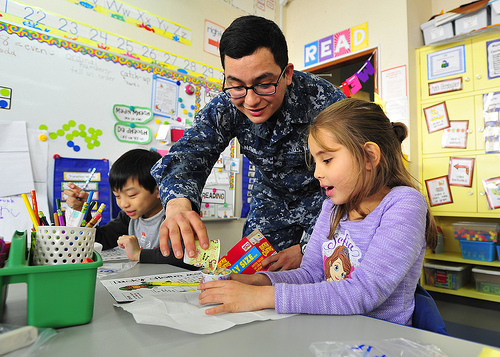24 Ways to Teach Kids to Control Their Anger

Are you looking for ways to teach kids to control their anger? If so, keep reading.
1. Urge the learner to pause and consider their thoughts before acting on them.
2. Give constant, positive reinforcement for appropriate behavior. Ignore as many unacceptable behaviors as possible.
3. Get the learner to anticipate future tasks and create plans for addressing them.
4. Get the learner to create an understanding of the consequences of their behavior by writing down or talking through problems that may happen due to their failure to adjust their behavior to various situations (e.g., perceived as unmannerly, avoided, etc.).
5. Assist the student in learning to be happy with their best effort rather than some arbitrary measure of success. Success is measured individually according to capacity and ability level. Progress of any kind is a measure of success.
6. Make sure you are regularly in proximity to the learner.
7. Teach the learner to think before acting (e.g., they should ask themselves, “What is happening?” “What am I doing?” “What should I do?” “What will be best for me?”).
8. Praise those students in the classroom who demonstrate self-control.
9. Give the learner an easily grasped list of consequences for unacceptable behavior.
10. Inform the learner of the consequences of getting angry, annoyed, or upset before going into a store, going to a friend’s house, having friends over, etc., to reinforce the need for the learner to create self-monitoring skills.
11. Talk with the learner about the consequences of becoming easily angered, annoyed, or upset on the job site (e.g., fired, not viewed as mature enough for the job, loss of coworkers’ respect, etc.).
12. Get the learner to review the consequences of their behavior with someone they trust. Get the learner to consider various choices they could have made and the various outcomes.
13. Provide a consistent daily classroom routine (schedule).
14. Allow flexibility in meeting academic requirements when the learner becomes angry, annoyed, or upset (e.g., allow more time, modify tasks, give help with tasks, etc.).
15. Select a peer to model self-control for the learner.
16. Assess the degree of task difficulty to ascertain whether the learner will require additional information, time, assistance, etc., to avoid becoming frustrated.
17. Talk about the learner’s behavior with them in private rather than in front of others.
18. Plan leisure activities for the end of the day. Make participation in these learning activities dependent upon the conclusion of daily duties and appropriate behavior.
19. Delegate tasks on group projects. Equally distribute the workload to lessen frustration for group members.,
20. Converse with the learner to explain (a) what they are doing wrong (e.g., hitting, arguing, throwing things, etc.) and (b) what they must be doing (e.g., moving away from the situation, asking for assistance from the teacher, etc.).
21. Consider using a classroom management app. Click here to view a list of apps that we recommend.
22. Consider using an adaptive behavior management app. Click here to view a list of apps that we recommend.
23. Consider using Alexa to help the student learn to behave appropriately. Click here to read an article that we wrote on the subject.
24. Click here to learn about six bonus strategies for challenging problem behaviors and mastering classroom management.






